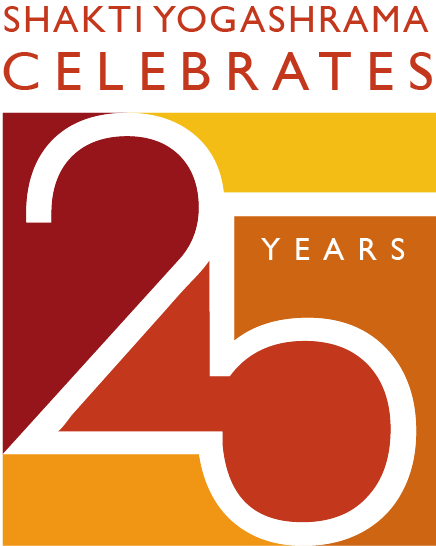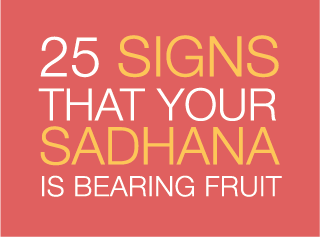Overview
It is significant that most days of spiritual import are also occasions of celebration and festivity, for joy is the source and the end of the spiritual journey. Thus yoga saw the whole of life as a celebration.
Time was studied carefully and the sacred Time was identified as festivals celebrating either the cycles of nature or days that had potential for spiritual ascension. The sacred junctures in time had each an associated mythological event and was celebrated through ritual offerings, devotional /meditative dance and music and finally community bonding through food and festivity.
In tune with this vision Shaktiyogashrama celebrations are spread through the year.
Programs

Shaktimahotsava – The Spring Festival
The Shaktimahotsava is woven around the powerful day of Mahashivratri.
Indian festivals usually have an exoteric aspect that lends itself to community participation such as marking an important time in the cosmic cycle of Nature. They also have an esoteric aspect that highlights days that have great potential for Consciousness to leap ahead and therefore are of great significance to the seeker of Truth. Mahashivratri marks the coming of Spring on the one hand, on the other, the night of Mahashivratri is also the time most conducive to an experience Shiva – The Absolute Consciousness. At the ashram, Shaktimahotsava is celebrated through a Cultural Awareness Experience that many can enjoy. It is also marked by community worship and silent meditation in the temple and at the guru’s Samadhi. A grand, all-night festival of classical dance & music invokes Shiva while sustaining the all night vigil that is so important to Mahashivratri.

Sharadotsava – The Autumn Festival
During the month of October comes Sharadpoornima to mark the Fall season in India. It is the night when the Goddess Of Wealth (Mahalakshmi) bestows bounty on anyone who is awake for the entire night to receive Her.
On this full moon night of Sharadpoornima, Krishna is said to have danced the ‘Maharaasa’with the gopis (devout souls), to give them an experience ‘Onesness’. Sharadotsava is celebrated at the ashram by a Cultural Awareness programme that is topped by a vibrant, all night, folk arts festival to celebrate the glorious traditions of folk arts in India.

Datta Jayanti
At Shaktiyogashrama , on this day, Datta Maharaj is meditated upon as an Avadhuta, a God beyond morality and immorality; a Being beyond joy & sorrow; a Being representing Transcendental Individualism, free of all concepts, conditionings, ideas & social niceties; a Being “dancing in the intoxication of the joy of existence.” This is also the everlasting image of Swami Shri Harish Madhukar in the heart of all his devotees & disciples.
The daylong programme also includes chanting of the Lalita Sahasranama.
Meditation is also an important offering on this day.

Guru Poornima
Essentially, there is no difference between the guru, the Ishta Devata & one’s own Self or The Truth. Thus Gurupoornima is not only a day to connect with one’s Guru and become aware of one’s spiritual journey, but essentially it is a day to meditate on this Guru Principle.
At Shaktiyogashrama it is done by worshipping the “Guru Devata”, “the Ishta Devata” i.e Goddess Lalita as well as the “Atma Devata”
Scheduled on a full moon day in Ashadha ( July-August), Guru Poornima celebrations are very important at the ashram On this day, the ashram comes alive with the chanting of the Guru Geeta, The Lalita Sahasranama & a Yajna performed to the Goddess.
Meditation is an important offering on this day.
Thoughts
A time to stay awake through the night contemplating on the dualities of life of mortal desires and immortal bliss, earthly obligations and heavenly aspirations, material needs and spiritual demands.
Why is the night of Shiva (Shiva-ratri) celebrated on the 13th or 14th night of the waning moon in every lunar cycle? Why is the Mah-Shiva-Ratri (the great night of Shiva) celebrated as winter draws close? These are the questions to which “real” answers may never be known. But one can always speculate. Speculation helps the mind think in ways it never has thought before. Perhaps that is the reason why there are “sacred mysteries” -to help us think of things that we tend to ignore. Through such thought processes one gains insight into the divine…












